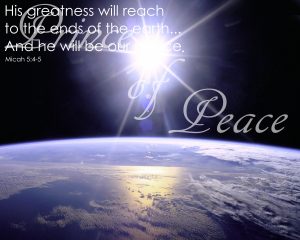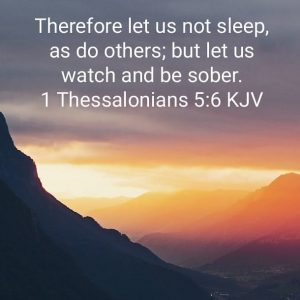 The Origin
The Origin
International Workers’ Day, also known as Labour Day in some countries and often referred to as May Day, is a celebration of laborers and the working classes (See here). The day traces its roots back to the late 19th century, during the height of the industrial revolution. On 21 April 1856, Australian stonemasons in Victoria undertook a mass stoppage as part of the eight-hour workday movement. This event inspired American workers to have their first stoppage.
The 1st of May was chosen to be International Workers’ Day to commemorate the 1886 Haymarket affair in Chicago. In that year, there was a general strike for the eight-hour workday. This movement was a significant step towards ensuring human rights and promoting inner peace among the working class (See here).
Importance of International Workers’ Day
Upholding Human Dignity and Equity: International Workers’ Day serves as a reminder of the ongoing fight for human dignity and equity in the workplace. From the historic labor strikes to modern-day advocacy efforts, this day commemorates the sacrifices and triumphs of workers who have fought for fair treatment and respect. By championing the principles of diversion and inclusion, International Workers’ Day uplifts humanity and reinforces the belief that every worker deserves to be valued and protected.
Promoting Inner Peace Through Labor Justice: International Workers’ Day fosters inner peace by advocating for just and equitable labor practices. By addressing issues such as worker exploitation, unsafe working conditions, and income inequality, this day contributes to social harmony and cohesion. When workers are treated fairly and their rights are respected, it leads to greater positivity and solidarity within communities, fostering a sense of unity and empowerment among all members of society.
Recognizing Workers’ Contributions: International Workers’ Day is a day to celebrate the contributions and achievements of workers in all sectors of the economy. From the factory worker to the teacher, from the healthcare professional to the farmer, this day honors the dedication, hard work, and sacrifices of individuals who labor tirelessly to build and sustain our communities. By recognizing the diverse talents and skills of workers, International Workers’ Day spreads positivity and gratitude, reminding us of the vital role that workers play in shaping our world.
Empowering Workers Through Collective Action: International Workers’ Day is a celebration of solidarity and collective action in the pursuit of social justice and economic fairness. Through union movements, advocacy campaigns, and grassroots activism, workers come together to amplify their voices and demand change. This day serves as a rallying cry for unity and empowerment, inspiring individuals to stand up for their rights and work towards a future where every worker is treated with dignity and respect. By lifting the voices of the marginalized and oppressed, International Workers’ Day uplifts humanity and reaffirms the principle that justice and equality are fundamental rights for all.
Theme for 2024
The tentative theme for International Workers’ Day 2024, “Social Justice and Decent Work for All,” encapsulates the essence of the ongoing struggle for fair labor practices and equitable treatment in the workplace. This theme underscores the importance of promoting social justice and ensuring that all workers have access to dignified and secure employment opportunities. “Social Justice and Decent Work for All” emphasizes the fundamental principles of fairness, equality, and inclusivity in labor relations, highlighting the need for policies and practices that prioritize the well-being and rights of workers worldwide.

 This 4th Easter Sunday is known as Good Shepherd Sunday as it focuses on Jesus, the Risen Lord, as our Shepherd.
This 4th Easter Sunday is known as Good Shepherd Sunday as it focuses on Jesus, the Risen Lord, as our Shepherd. In today’s 1st reading (Micah 5:1-4) the prophet Micah promises, in God’s name, those very precious things.
In today’s 1st reading (Micah 5:1-4) the prophet Micah promises, in God’s name, those very precious things. At this time, many of us start decorating our homes for the festive season.
At this time, many of us start decorating our homes for the festive season. The text of the 2nd reading of this Sunday could be addressed to us, and it is!
The text of the 2nd reading of this Sunday could be addressed to us, and it is! “The Lord is faithful.”
“The Lord is faithful.”


 Every year on July 17, World Day for International Justice is observed all around the world. The aim of the day is to promote international criminal justice and as a way of supporting the work of the ICC.
Every year on July 17, World Day for International Justice is observed all around the world. The aim of the day is to promote international criminal justice and as a way of supporting the work of the ICC. International Day for the Elimination of Sexual Violence in Conflict is a United Nations observance on June 19 to raise awareness of the need to put an end to conflict-related sexual violence.
International Day for the Elimination of Sexual Violence in Conflict is a United Nations observance on June 19 to raise awareness of the need to put an end to conflict-related sexual violence.